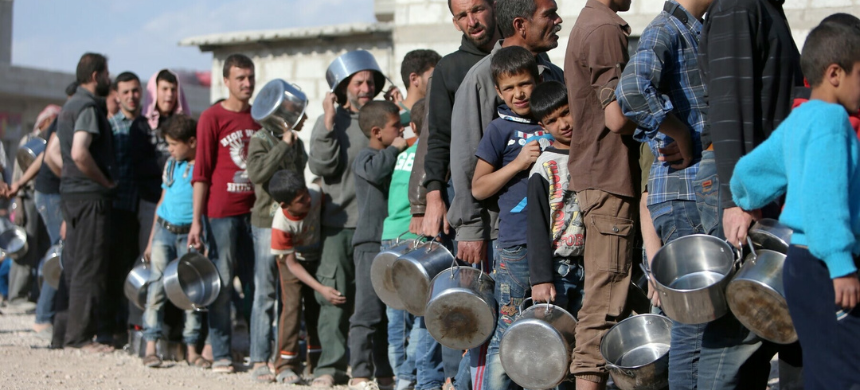September. Griffiths emphasized the need for reform, suggesting that the current system of relying heavily on a small group of wealthy donors is unsustainable. He called for greater burden-sharing among nations and private sector engagement to bridge the funding gap.
Read More: Pakistan Ranks 99th in Global Hunger Index
Key Takeaways:
- Rising Needs vs. Shrinking Aid: A growing number of people worldwide are struggling with hunger, while funding from wealthy nations is declining. The U.N. predicts a shortfall in humanitarian aid for 2025, leaving millions without assistance.
- Major Donors Under Strain: The U.S., Germany, and the European Commission dominate funding efforts but face political and financial pressures. Meanwhile, emerging powers like China and India contribute minimally, focusing instead on high-profile projects like space exploration.
- Challenges in Aid Delivery: Humanitarian agencies face delays, restrictions, and logistical hurdles, exacerbating crises. Donor-imposed conditions and fraud within the system further complicate relief efforts.
- Call for Reform: Experts advocate for a more diversified funding model, with contributions from a wider range of nations and increased accountability to prevent corruption and misuse of aid.
Would you like me to help refine this further, or prepare an SEO-friendly article summarizing this content?











